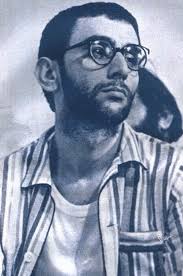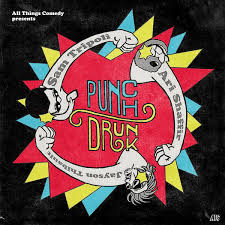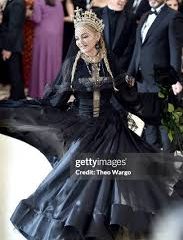The Musical Legacy of Ziad Rahbani

Introduction
Ziad Rahbani, born in 1956 in the vibrant city of Beirut, Lebanon, has emerged as a pivotal figure in the realms of music, theatre, and cultural expression. Recognised not only for his exceptional musical talent but also for his incisive social commentary through the arts, Rahbani has profoundly influenced contemporary Arab culture. His relevance cannot be overstated, particularly in a region striving for self-identity amidst political unrest and cultural change.
Musical Contributions
Rahbani, a son of renowned Lebanese artist Fairuz and musician Assi Rahbani, was exposed to music from an early age. He has composed numerous songs that blend traditional Arabic music with modern influences, creating a unique sound that resonates with both older and younger generations. His works, including the popular tracks like “Bitaqat Zahr” and “Kifak Inta?”, showcase his ability to meld romance and social issues, often reflecting the experiences of the Lebanese populace. Recent performances have seen a resurgence in interest in his catalog, with younger fans discovering the depth of his music.
Theatrical Endeavours
Aside from his musical achievements, Ziad Rahbani has also made significant contributions to theatre. Known for his political satire and engaging narratives, his plays boldly tackle social issues, giving voice to the struggles and aspirations of the people. In the last year, Rahbani’s theatre productions have received notable acclaim, with many sold-out shows and critical recognition for their sharp wit and engaging storytelling. His willingness to address political subjects through art has sparked conversations and debates, reinforcing the importance of freedom of expression in the Arab world.
Current Events and Activities
Recently, Ziad Rahbani has been active in promoting music and cultural performance in Lebanon, despite ongoing challenges facing artists in the region. He has expressed his commitment to supporting emerging talents and fostering a new generation of Lebanese artists. In interviews, Rahbani has highlighted the importance of maintaining cultural heritage, stating, “Art is not just for entertainment; it is a bridge to understanding our identity and history.” His efforts in organising music festivals and cultural events are pivotal as Lebanon continues to recover from years of socio-economic turmoil.
Conclusion
Ziad Rahbani’s role in shaping modern Lebanese culture is undeniable. As he continues to compose, perform, and engage with audiences, his commitment to artistry serves as an inspiration to both current and future generations. With his deep-rooted connection to his homeland, Rahbani embodies hope and resilience, proving that music and theatre can be powerful tools for change and reflection. Observers of the Lebanese arts scene are keenly watching to see how his contributions evolve, likely paving the way for further cultural exploration and dialogue in the coming years.








